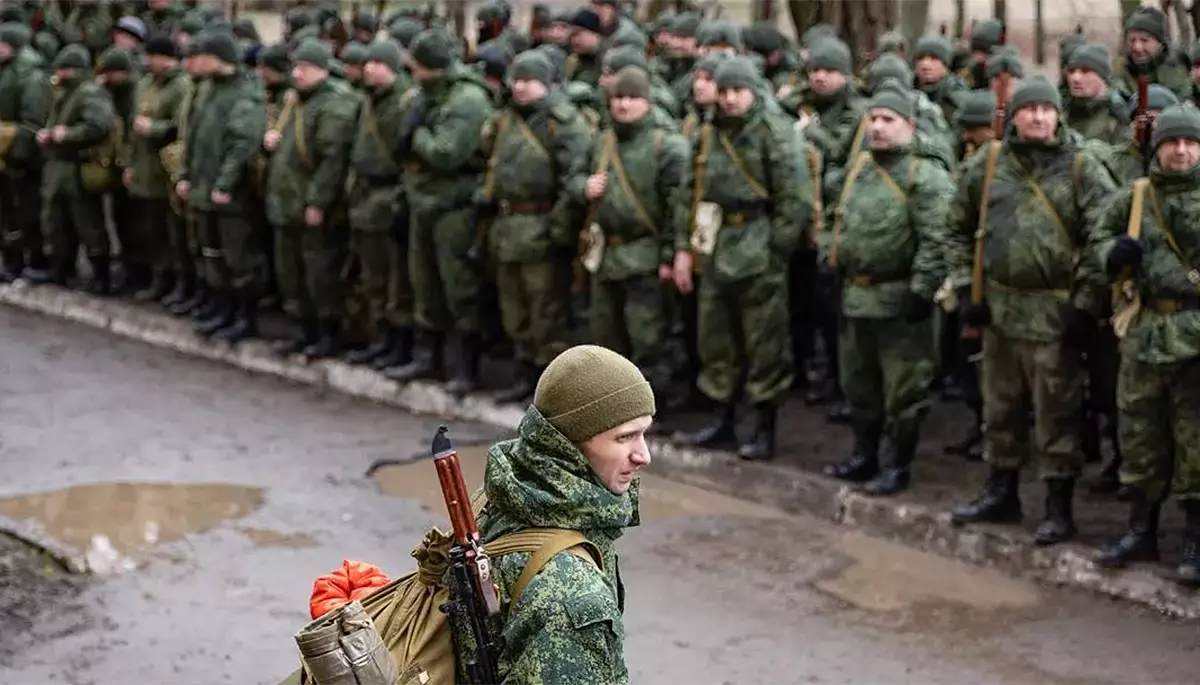The Institute for the Study of War (ISW) reported on 30 December that the Kremlin appears to be prioritizing force generation requirements and domestic political stability over economic considerations as Russia approaches 2025.
According to ISW, Russian President Vladimir Putin signed a decree on 30 December requiring illegal migrants to either obtain legal status or leave Russia by 30 April 2025. The decree outlines two main pathways to legalization: completing a comprehensive process including health screenings, passing Russian language, history, and legal examinations, and settling all debts; or signing a military service contract with the Russian Ministry of Defense.
ISW reports that Russia currently faces a labor shortage of 1.5 million workers. The new decree could exacerbate this situation if significant numbers of migrants working in food service, transportation, and other low-skilled industries either leave Russia or join the military.
The enforcement of this decree remains uncertain, ISW notes. The decision to enforce or not will likely indicate Russian authorities’ priorities in addressing various challenges. According to ISW, strict enforcement would suggest that authorities prioritize addressing ultra-nationalist concerns and regime security issues related to reported migrant crimes and terrorist acts over economic challenges.
“A decision not to enforce the decree would indicate that Russian authorities are more concerned with utilizing migrant labor to overcome Russia’s economic issues and labor shortages than messaging to the Kremlin’s ultranationalist constituency,” ISW says.
Related:
- ISW: Economic limitations will likely hinder Kremlin’s fight against demographic decline
- Russia makes € 7 billions from fish sales through Dutch ports, envoy says
- ISW: Russian army recruitment barely matches daily casualty rates
- Putin must end Ukraine war by 2025 or face economic collapse, warns ex-energy chief
- War will end when Putin admits Ukraine invasion failure, says Polish FM
- ISW: Putin claims GDP grew 4.1% in 2024 as cash savings hit historical low
- Diamond giants Botswana and Angola agree to push Russia out of market




